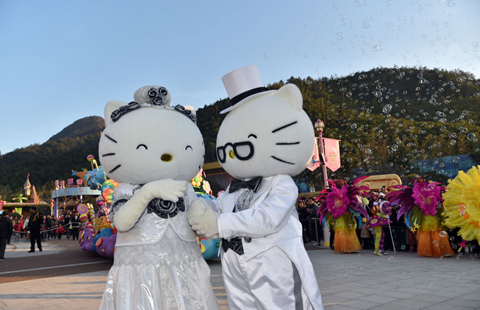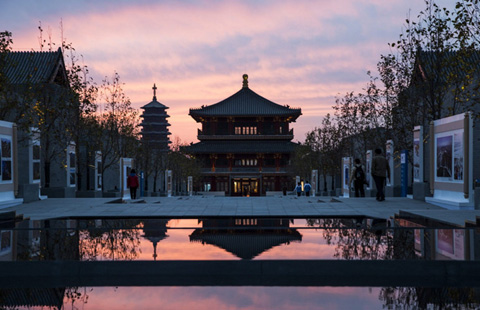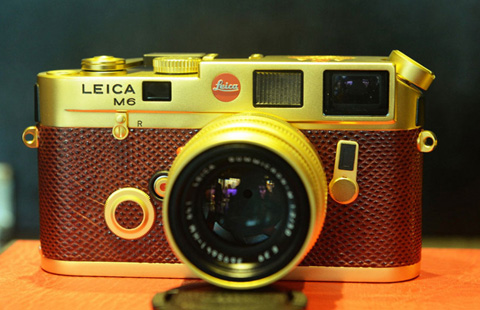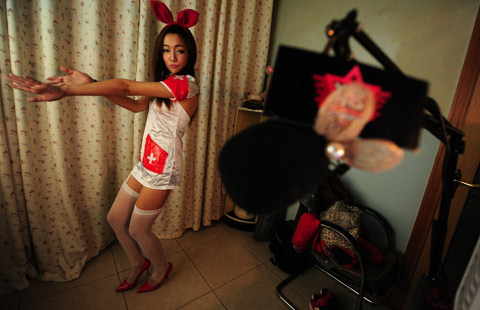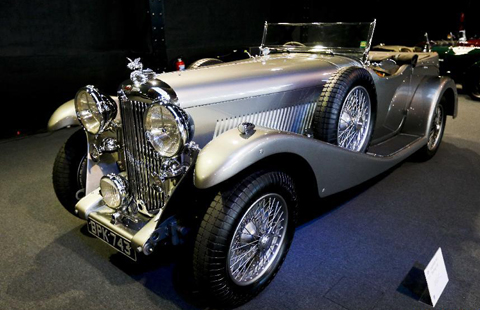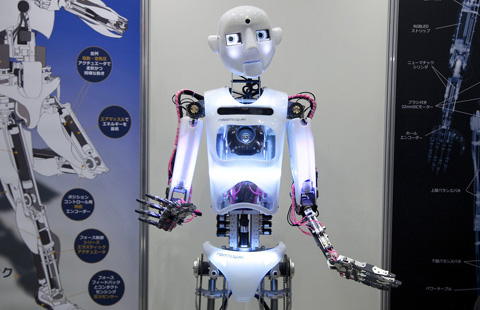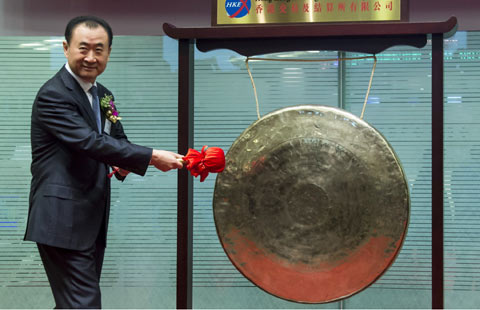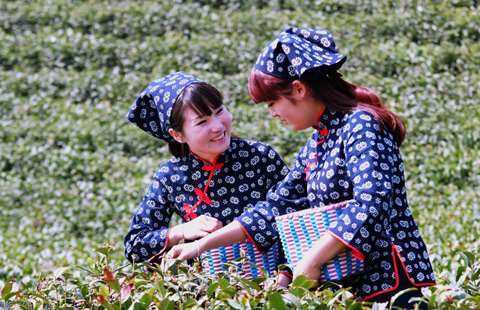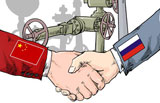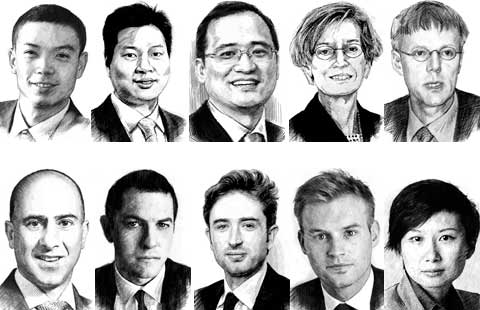Meteors mean serious money
By MU CHEN (China Daily) Updated: 2015-01-05 07:47Li Bofang, a civil servant and meteorite collector, says interest has definitely increased, especially among the wealthy, but perhaps not as exaggerated as some reports have said.
"Wealthy collectors look for larger, more expensive pieces but seek them for their investment value. If they spend 1 million yuan ($162,500) on a meteorite, they want to sell it off for 2 million," Li says.
The nature of the meteorite market, where purchases are mostly made at fairs or privately between dealers and collectors, makes it hard to quantify but its influence has already been noticed internationally.
Christie's, the world's leading auction house, recently held its first meteorite auction that attracted ample interest from Chinese bidders.
James Hyslop, head of travel, science and natural history at Christie's, says: "Interest in meteorites has increased greatly in China in the last two years. This has been at the top end of the market where buyers of contemporary art enjoy displaying these meteorites alongside their collections."
The highest hammer price at the auction in late November was $81,250 for a Martian meteorite called Black Beauty, but Christie's did not disclose the identity of the winning bidder. Other prized specimens have been known to fetch hundreds of thousands of dollars.
At the other end of the price spectrum, jewelry that contains small pieces of meteorites has appealed to a younger crowd for its fashion value.
Huang Zhuanjian, a Jinanbased meteorite dealer who started his own meteorite jewelry workshop earlier this year, has been amazed at the demand.
"Right now, the appetite for meteorite jewelry can't be measured, it is simply bottomless-we can sell however much we produce!" says Huang.
The workshop currently designs and produces all the pieces in-house and by hand, severely limiting production capacity. Next year, it plans to make around 2,000 pieces, each piece retailing at 300 yuan to 500 yuan, but Huang is also considering enlarging and professionalizing his business.
"The problem at present is the absence of factories and large brands in the market. It is currently made up of lots of small businesses like mine but soon we will start concentrating on brand creation and look into larger-scale production," says Huang.
Despite signs of a fast-growing and multi-dimensional market, many insiders see the Chinese meteorite market as abnormal and fundamentally unhealthy.
In the United States and European Union, the bulk of the market is made up of real meteorite enthusiasts followed by small numbers of investors and those that seek meteorites for their decorative value. The Chinese market is the total reverse of this, says Li.
"In China, meteorites are mostly traded with no regard for their scientific value or composition, only for the possibility of profit. In such a market, fakes and abnormal prices emerge because so few can tell the difference between extraterrestrial and terrestrial rocks," Li says.
Lei Kesi, a Taiwanese meteorite dealer and founder of China Meteorite Forum, says the meteorite market, like other emerging luxury markets in the Chinese mainland before it, remains "very complicated".
He says: "It happened with the jade and antiques market. As soon as a market presents opportunities to make vast sums of money, the hype and deception immediately follow."
"Obviously people do not like to hear that their 'valuable' meteorite is fake and worthless." says Lei.
- Finding the right direction
- Robust IPO deals help rejuvenate Chinese bourses
- Top 10 underwriters for Chinese companies in 2014
- Executives at SOEs get thinner pay packages
- Subsidies for travel to curb vehicle costs
- Private bank makes first loan
- China lifts price controls on 24 commodities, services
- China IPOs hit $12.7b in 2014
